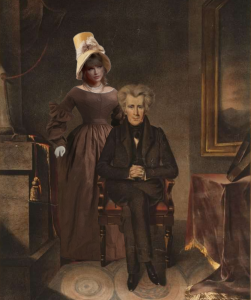
TikTok, the app Americans spend hours scrolling through each day, might be going on sale soon.
On March 13, the United States House of Representatives passed the Protecting Americans from Foreign Adversary Controlled Applications Act. The overwhelming majority vote of 352-65 united both Democratic and Republican representatives, an action that hasn’t occurred since 2013.
The bill was introduced on March 5 by Republican representative Mike Gallagher, who argued that “foreign” applications like TikTok allow countries to access important and confidential information from American citizens, making cyber attacks against the U.S. easier to accomplish.
If this bill reaches President Joe Biden’s office and is approved, the U.S. will demand ByteDance, the Chinese owners of TikTok, to sell the app to an American company. Biden has previously shown approval for said bill.
ByteDance, as well as TikTok’s CEO, have yet to release a statement on their thoughts about the act.
If passed, the company will have 180 days to sell the app, which has brought up more concerns regarding the ownership of it.
TikTok made an estimated $6 billion solely from American users in 2023. In total, the app made $14.3 billion that last year, meaning that over 40% of TikTok’s revenue came from the United States alone.
Because of the app’s popularity and net worth, there are a limited number of companies worldwide with the capability to purchase it, let alone companies in the U.S.
If ByteDance fails to sell TikTok in the allotted time, companies will be forced to remove TikTok from app stores, preventing future installations. The bill will also require internet providers to make TikTok inaccessible.
Current users would not be mandated to delete the app from their devices, but removing TikTok from app stores cuts off access to software updates, which can negatively impact user experience.
There are still barriers before this bill officially gets signed into law. The act must pass through the Senate before reaching the president, providing opportunities for people to contact their representatives and express their disapproval.
A ban on TikTok would devastate frequent users, but only time will tell if the bill can be stopped and if freedom of speech and expression will prevail.




